Parallel with news that President Joe Biden's administration was forming a commission to explore the legality of expanding the Supreme Court, House Judiciary Chairman Jerry Nadler (D-NY), Congressman Mondaire Jones (D-NY), Congressman Hank Johnson (D-GA), and Senator Ed Markey (D-MA) rolled out legislation to do just that.
The bill, which the lawmakers announced last Thursday, was met with tepid responses from others within the Democratic party, most primarily House Speaker Nancy Pelosi (D-CA), who said she had no intention of bringing the legislation to the floor.
Republican lawmakers—who claimed during the 2020 election that Biden would "pack the court"—pounced on the legislation, decrying it as a Democratic party attempt to corrupt a supposedly unbiased institution.
In a Thursday press conference this week, Senator Ted Cruz (R-TX) made an absurd claim while denouncing the bill.
Watch below.
Cruz said:
"You didn't see Republicans when we had control of the Senate try to rig the game. You didn't see us try to pack the court."
This is patently false.
When Supreme Court Justice Antonin Scalia passed away at the beginning of 2016, Senate Republicans refused to grant Judge Merrick Garland—then-President Barack Obama's nominee to replace Scalia's vacant seat—a hearing before the Senate Judiciary Committee. It wasn't that the Republicans denied Garland a floor vote, they wouldn't even consider a nominee put forth by Obama, despite his Constitutional mandate to nominate a replacement.
Senate Republicans' reasoning? The 2016 election, nine months away, was too close.
Cruz said at the time:
"I proudly stand with my Republican colleagues in our shared belief — our advice and consent — that we should not vote on any nominee until the next president is sworn into office. The People will decide."
Senate Republicans held Scalia's seat open for nearly a year in order to bar even a moderately Democratic Justice from filling Scalia's seat. When Trump was inaugurated in 2017, his nomination of now-Justice Neil Gorsuch went off without a hitch.
Flash forward to 2020.
Justice Ruth Bader Ginsburg, a hero of the Democratic party, passed away in mid-September, less than a month before Election Day of 2020. The election was technically underway, since mail-in ballots were already being cast.
Nevertheless, former President Donald Trump nominated Judge Amy Coney Barrett to replace Ginsburg just over a week later.
Senate Republicans, who only four years earlier argued that nine months was too close to an election to appoint a new Supreme Court Justice, considered and confirmed now-Justice Barrett to the Supreme Court in under a month.
Cruz said at the time:
"I believe the right thing to do is for the Senate to take up this nomination and to confirm the nominee before Election Day."
He went on to further contradict his 2016 position that the nation's highest Court could function with only eight seats for the better part of a year, saying that an eight person court:
"...lacks the constitutional authority to decide anything, and so we could have multiple conflicting opinions from multiple courts of appeals and weeks or months of chaos and uncertainty."
Less than two weeks after Barrett's confirmation, the American people deemed the man who nominated her undeserving of a second term. Less than two months later, voters said the same of the Republicans' Senate majority.
Cruz was demonstrating why Trump, of all people, labeled him "Lyin' Ted" during the 2016 Republican primaries.
Receipts were brought.
The findings of Biden's commission and the fate of Nadler's bill are yet to be determined.

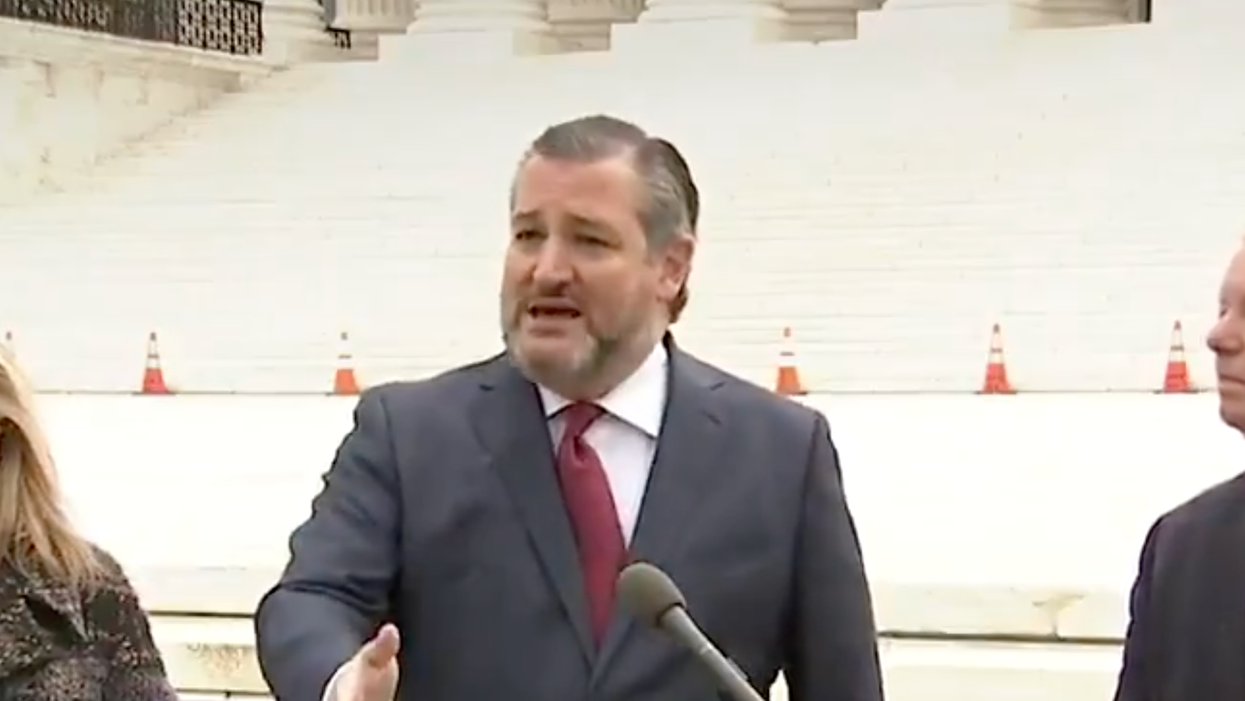



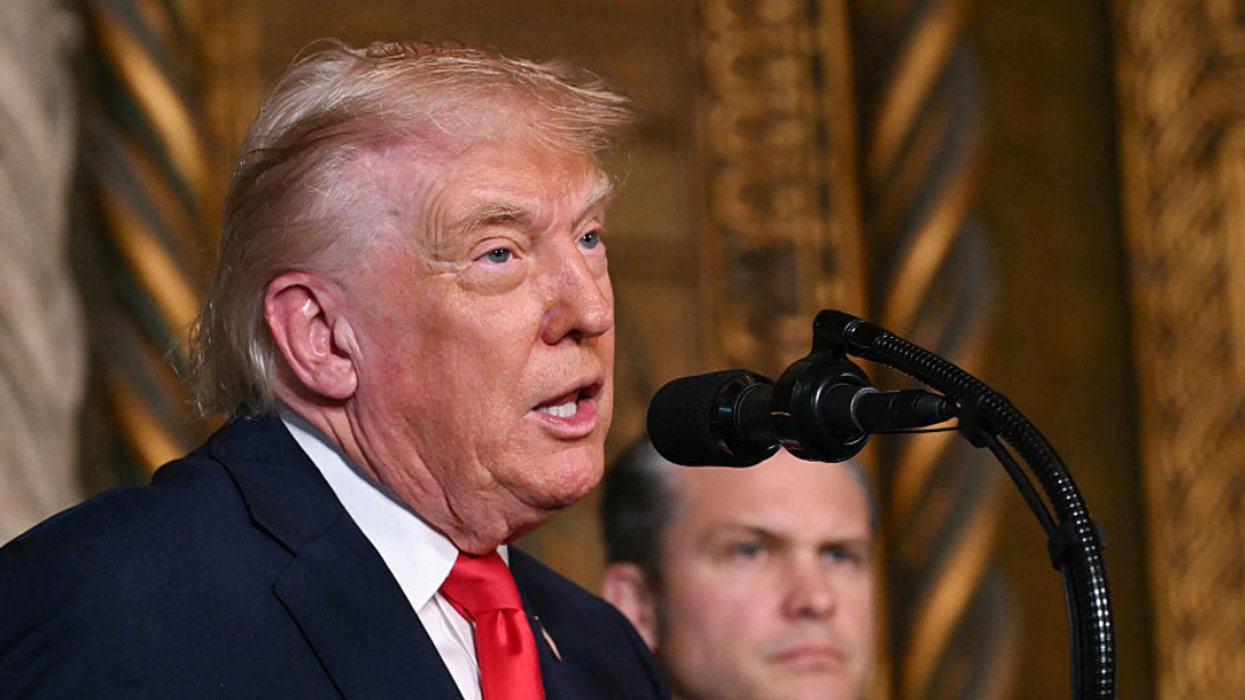


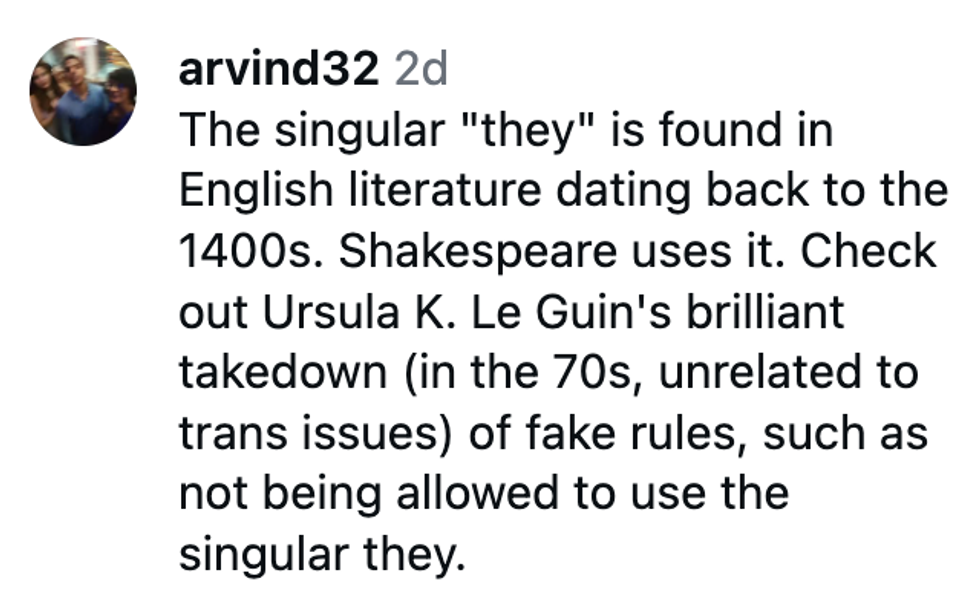
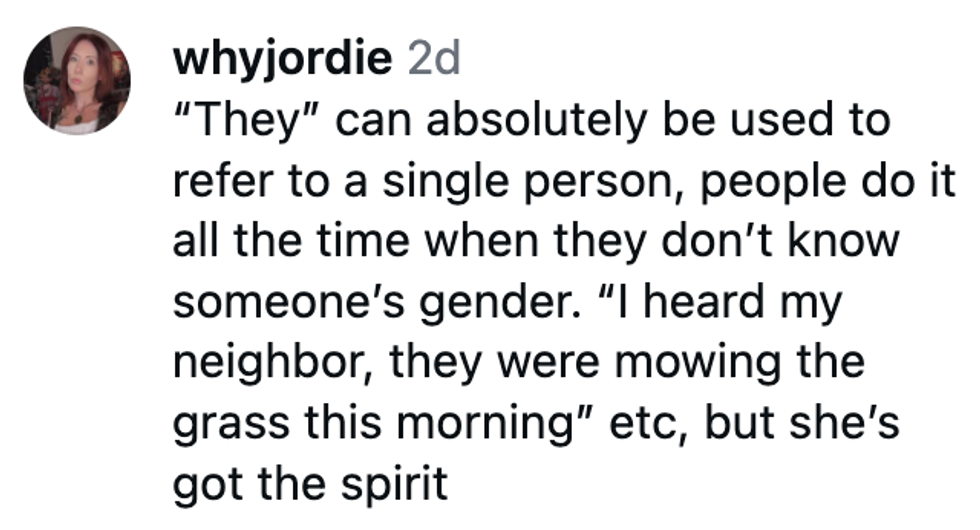

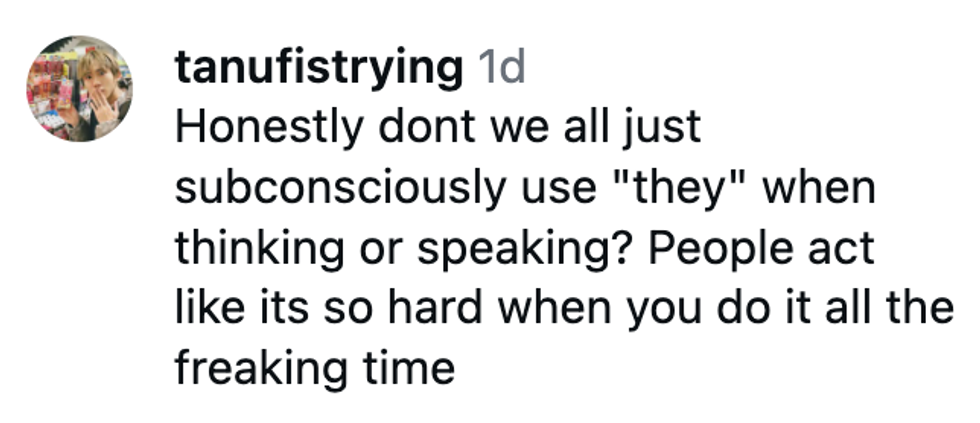
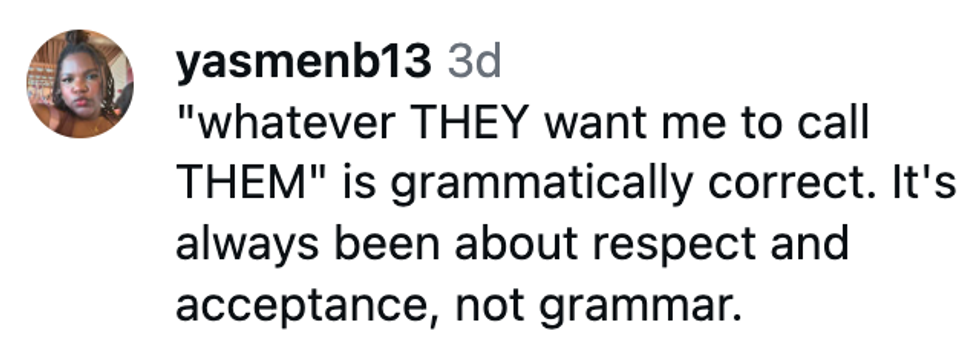

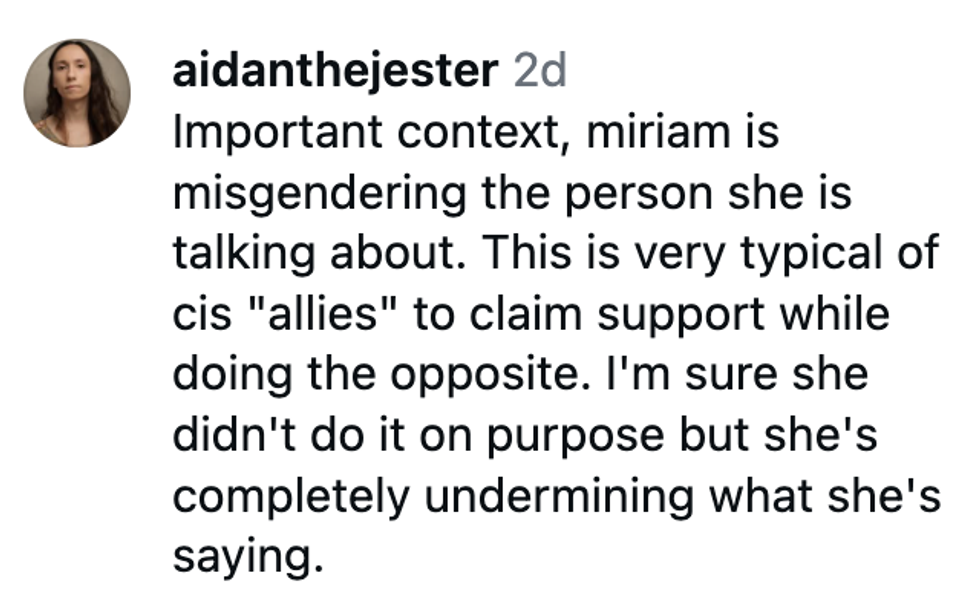







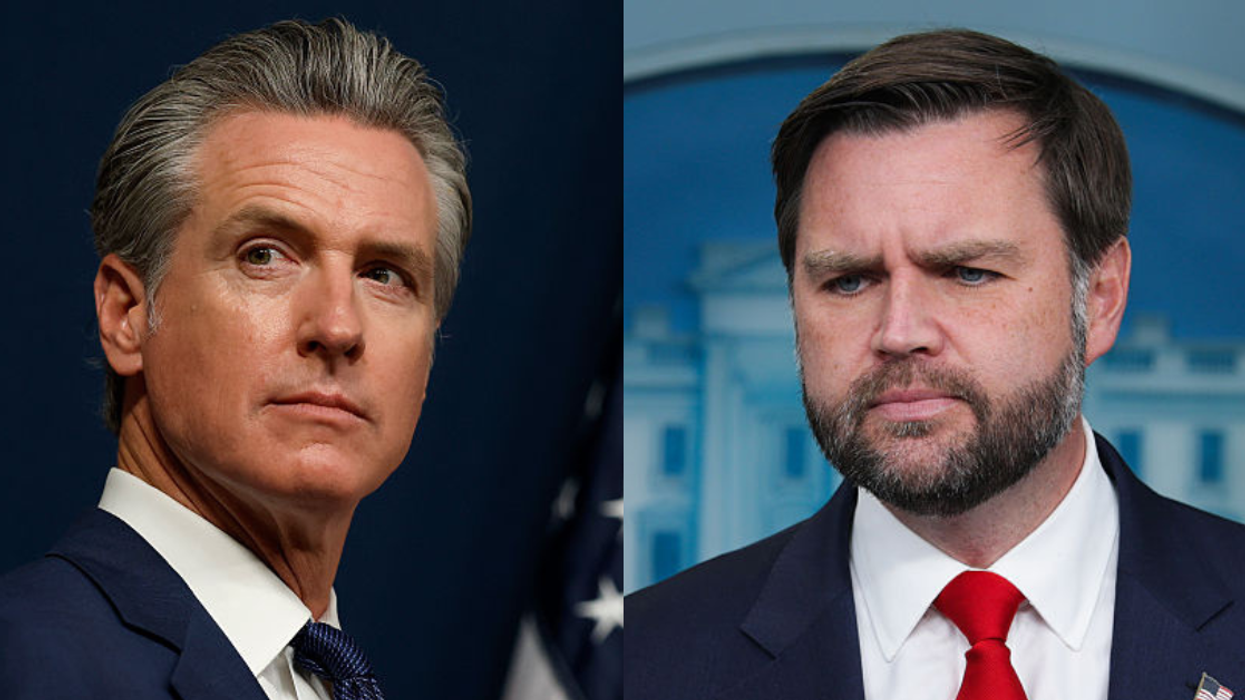




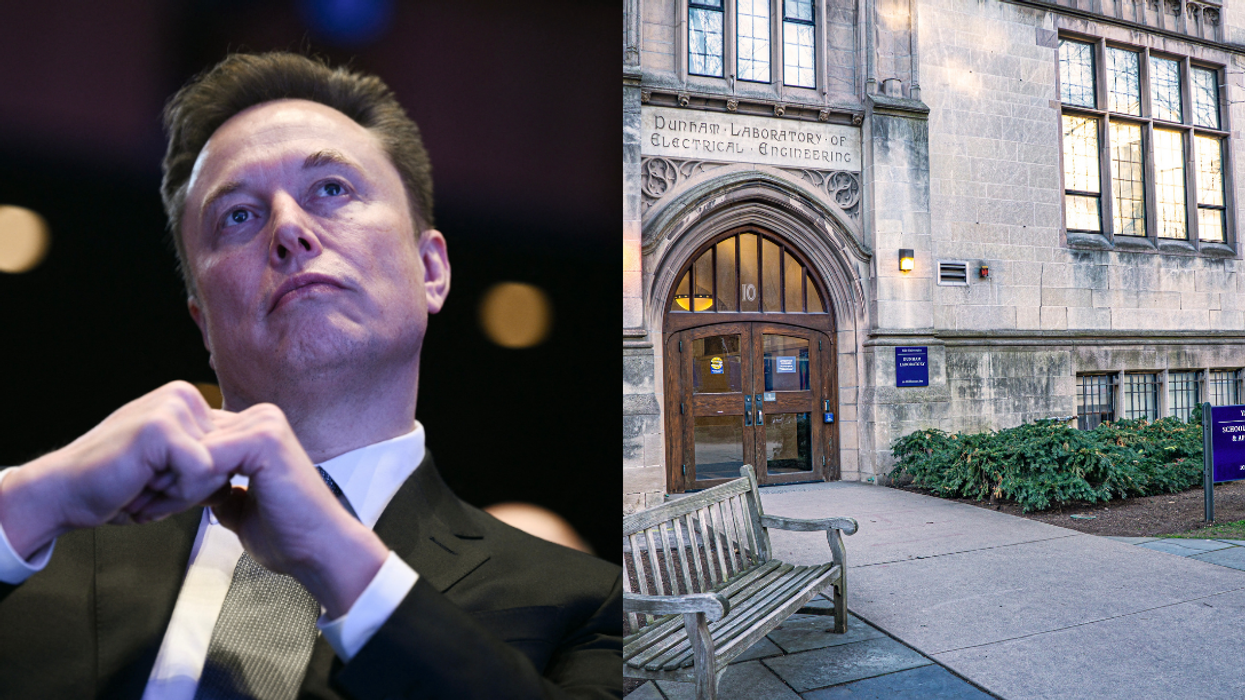
 replying to @elonmusk/X
replying to @elonmusk/X replying to @elonmusk/X
replying to @elonmusk/X replying to @elonmusk/X
replying to @elonmusk/X replying to @elonmusk/X
replying to @elonmusk/X
 Barry Manilow/Facebook
Barry Manilow/Facebook Barry Manilow/Facebook
Barry Manilow/Facebook Barry Manilow/Facebook
Barry Manilow/Facebook Barry Manilow/Facebook
Barry Manilow/Facebook Barry Manilow/Facebook
Barry Manilow/Facebook Barry Manilow/Facebook
Barry Manilow/Facebook Barry Manilow/Facebook
Barry Manilow/Facebook Barry Manilow/Facebook
Barry Manilow/Facebook Barry Manilow/Facebook
Barry Manilow/Facebook Barry Manilow/Facebook
Barry Manilow/Facebook Barry Manilow/Facebook
Barry Manilow/Facebook